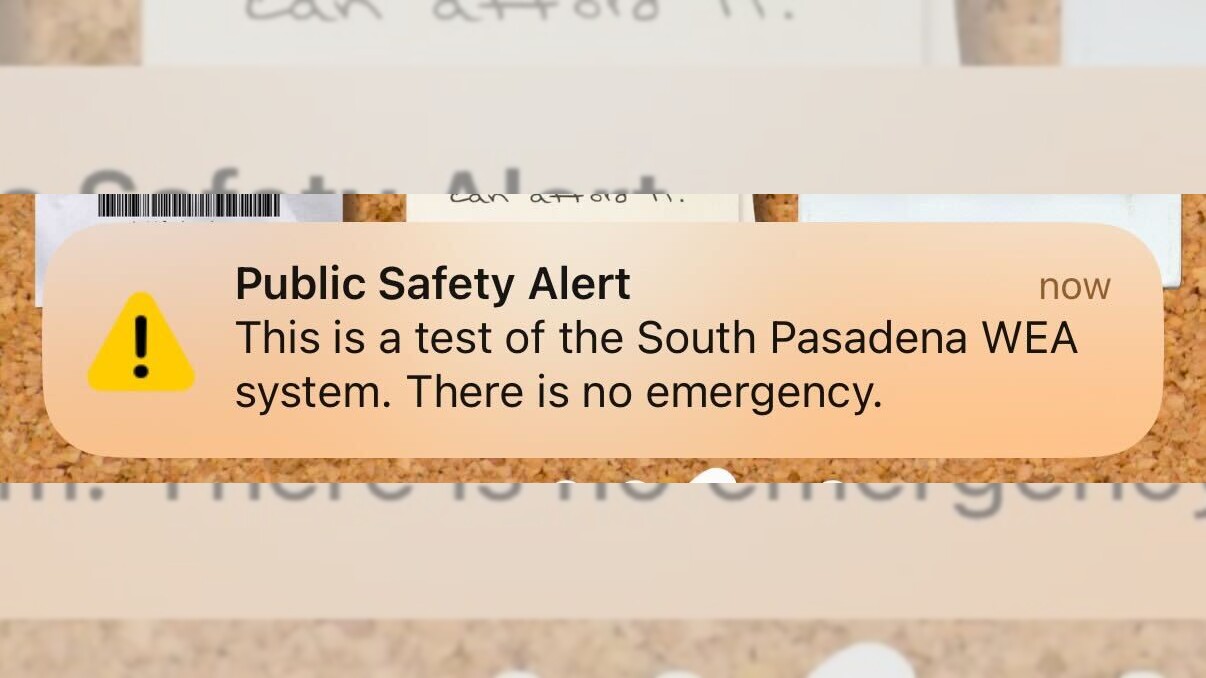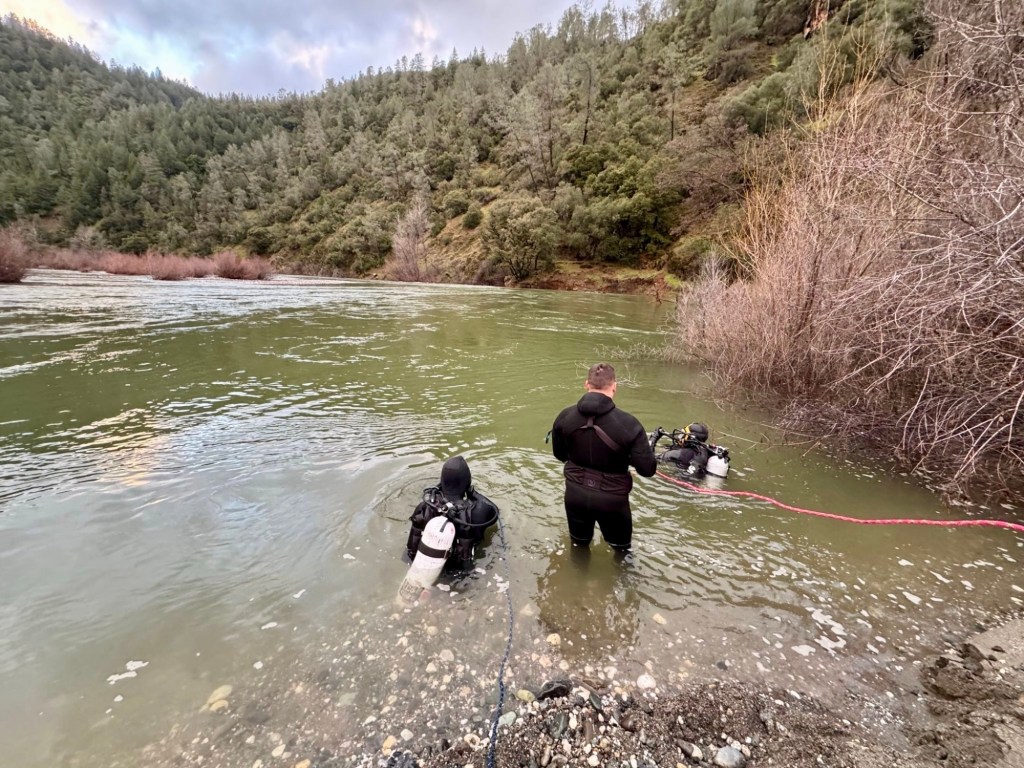URGENT UPDATE: A new study reveals that nearly 70% of Medicaid patients newly diagnosed with Opioid Use Disorder (OUD) are not receiving critical treatment within six months of their diagnosis. This alarming finding underscores a significant gap in healthcare access for individuals struggling with addiction.
The study, which analyzed data from over 1 million Medicaid enrollees, highlights a dire situation where most patients are left without potentially life-saving medications. The research, conducted by the National Institute on Drug Abuse (NIDA), is raising immediate concerns among healthcare professionals and policymakers alike.
Why does this matter right now? The lack of treatment access poses a serious threat to public health and could lead to increased mortality rates among those affected by opioid addiction. Experts warn that the failure to provide timely care not only impacts the individuals but also places a strain on communities and healthcare systems across the United States.
The findings, published earlier today, indicate that the healthcare system is failing to adequately address the needs of these vulnerable populations. The report emphasizes the urgent need for reforms to ensure that patients receive the necessary support and treatment promptly after their diagnosis.
Healthcare advocates are calling for immediate action, urging state and federal officials to enhance access to treatment options, including medication-assisted therapies that have proven effective in managing OUD.
As the crisis continues to escalate, the study serves as a critical reminder of the ongoing challenges in combating the opioid epidemic. Stakeholders are now rallying to develop strategies aimed at closing this treatment gap and improving outcomes for those in need.
What’s Next: As discussions unfold around this urgent issue, expect to see increased advocacy for policy changes aimed at improving treatment access. Experts are stressing that timely interventions are critical to reversing the tide of this public health crisis.
Stay tuned for further updates on this developing story as more information becomes available. The health and futures of millions depend on the actions taken today.






